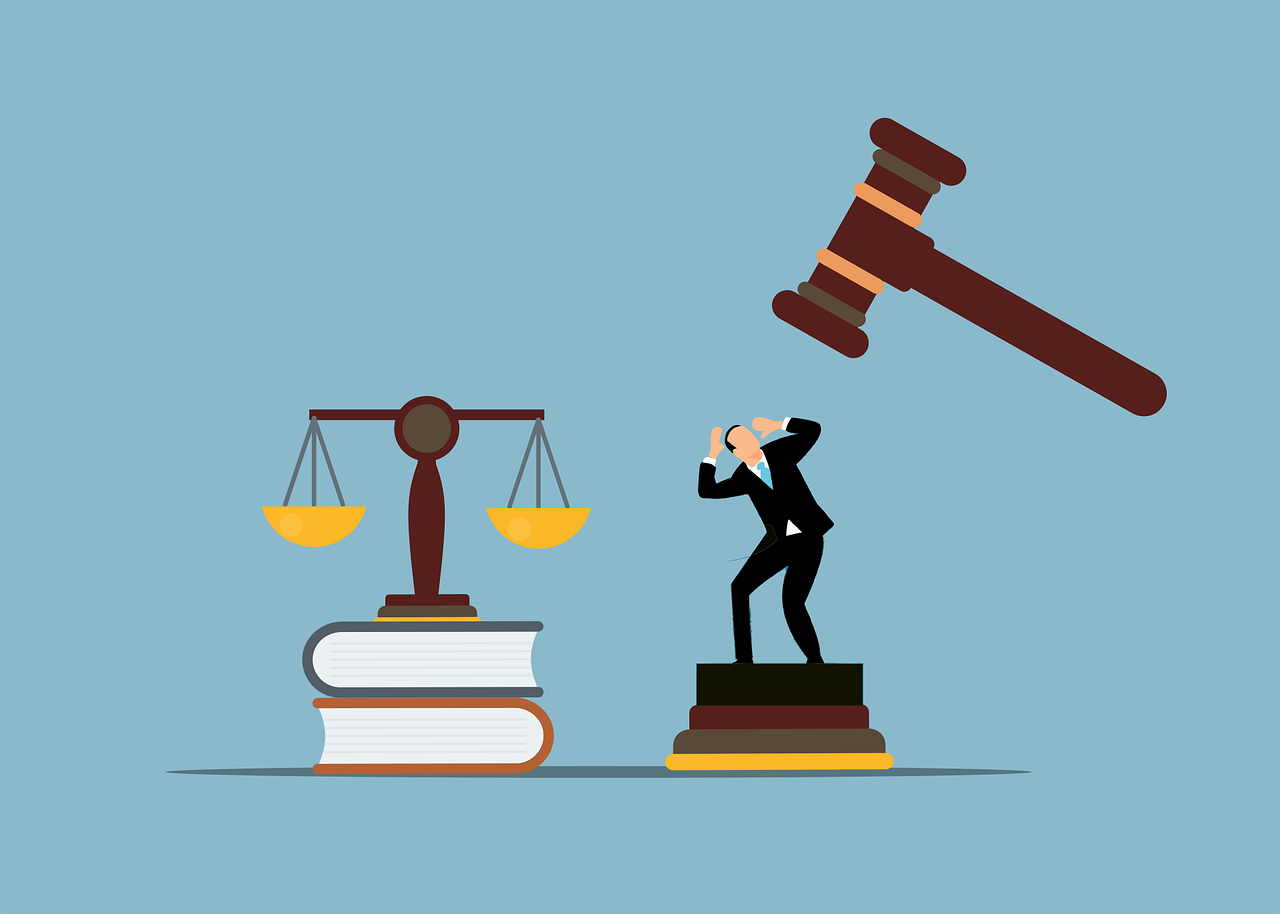Introduction
In the ever-evolving landscape of digital media, the protection of intellectual property has become a pressing concern. One such legal battle gaining attention is the dispute between Digital Outlets the Intercept and OpenAI. This article aims to provide an in-depth analysis of the case, exploring the implications for journalism, the future of digital outlets, and the importance of copyright protection.
Overview of Digital Outlets the Intercept, Raw Story, and AlterNet
Before delving into the legal battle, it is essential to understand the players involved. Digital Outlets the Intercept is a renowned online news platform known for its investigative journalism and commitment to uncovering the truth. Joining forces with Raw Story and AlterNet, they have established themselves as prominent voices in the digital media landscape.
OpenAI’s Unauthorized Use of Journalism and Its Implications
The heart of the legal battle lies in OpenAI’s unauthorized use of journalism. OpenAI, an artificial intelligence research lab, developed an advanced language model called GPT-3. This model, while revolutionary in its capabilities, has raised concerns regarding its potential misuse. Digital Outlets the Intercept discovered that OpenAI’s GPT-3 had been utilizing their published articles without permission or proper attribution, leading to a breach of intellectual property rights.
This unauthorized use of journalism raises significant implications for the integrity of digital media. If left unchecked, it could pave the way for widespread plagiarism and dilution of journalistic standards. The trust between readers and digital outlets could be eroded, impacting the credibility and viability of the entire industry.
The Legal Claims of Digital Outlets the Intercept Against OpenAI
Digital Outlets the Intercept, Raw Story, and AlterNet have filed a lawsuit against OpenAI, seeking legal recourse for the unauthorized use of their journalism. The central claim revolves around copyright infringement and the violation of intellectual property rights. By using their articles without permission, OpenAI has not only undermined the financial value of the digital outlets’ work but also infringed upon their creative expression.
The case highlights the need for robust copyright protection in the digital age. As the lines between traditional and digital media blur, legal frameworks must adapt to safeguard the interests of content creators and uphold the principles of fair use.
Analysis of the Impact on Journalism and the Future of Digital Outlets
The legal battle between Digital Outlets the Intercept and OpenAI has far-reaching consequences for journalism and the future of digital outlets. If OpenAI’s unauthorized use of journalism goes unchecked, it could set a dangerous precedent for the industry. The financial viability of digital outlets could be jeopardized as their work is devalued and used without consent.
Furthermore, this case raises questions about the role of artificial intelligence in journalism. While AI has the potential to enhance efficiency and quality, it must be used responsibly and ethically. Striking the right balance between technological advancements and journalistic integrity is crucial for the future of the digital media industry.
The Response from OpenAI and Their Defense in the Legal Battle
OpenAI has responded to the lawsuit, asserting that their use of journalism falls within the boundaries of fair use. They argue that GPT-3’s utilization of articles is transformative and serves as a tool for educational purposes rather than direct competition. OpenAI contends that their model generates new content based on the input it receives, making it a distinct creation rather than a mere reproduction.
The defense put forth by OpenAI raises complex legal questions regarding the definition of fair use and the role of artificial intelligence in content creation. The outcome of this legal battle could potentially redefine the boundaries of copyright protection in the digital realm.
Similar Cases of Unauthorized Use of Journalism and Their Outcomes
While the legal battle between Digital Outlets the Intercept and OpenAI is unique, it is not the first instance of unauthorized use of journalism. In the past, several cases have shed light on the challenges faced by digital outlets in protecting their intellectual property. The outcomes of these cases have varied, with some resulting in favorable rulings for the content creators, while others have set controversial precedents.
By examining these previous cases, valuable insights can be gained, assisting in the formulation of legal strategies and establishing a stronger framework for copyright protection in the digital age.
The Importance of Copyright Protection for Digital Outlets
The legal battle between Digital Outlets the Intercept and OpenAI underscores the critical need for copyright protection in the digital era. As digital outlets continue to invest time, resources, and expertise in producing quality journalism, their work must be safeguarded from unauthorized use. Copyright protection ensures that content creators can reap the financial benefits of their labor and maintain control over the dissemination of their work.
Without robust copyright protection, the incentives for digital outlets to invest in investigative journalism and in-depth reporting diminish. This, in turn, can have a detrimental impact on the quality and diversity of news available to the public.
Possible Resolutions and Outcomes of the Legal Battle
As the legal battle unfolds, several potential resolutions and outcomes may arise. It is possible that both parties could reach a settlement, establishing guidelines for the future use of journalism by OpenAI or other artificial intelligence models. Alternatively, the court may deliver a landmark ruling that sets a strong precedent for copyright protection in the digital media industry.
Regardless of the outcome, this legal battle serves as a wake-up call for digital outlets and content creators to strengthen their copyright protection strategies and navigate the ever-evolving landscape of digital media with vigilance.
Conclusion: The Significance of the Case for Journalism and the Digital Media Industry
The legal battle between Digital Outlets the Intercept and OpenAI sheds light on the pressing issues faced by digital media in the digital age. It highlights the importance of copyright protection, the responsible use of artificial intelligence, and the need for a robust legal framework that adapts to technological advancements.
As the case unfolds, it will shape the future of journalism and digital outlets. By establishing stronger copyright protection and ensuring the responsible use of journalism, the industry can thrive while upholding the principles of integrity, creativity, and fair use.
CTA: In an age where the digital media landscape is constantly evolving, it is crucial to stay informed about the legal battles shaping the industry. Subscribe to our newsletter for regular updates on the Digital Outlets the Intercept and OpenAI legal battle and other important developments in journalism.


